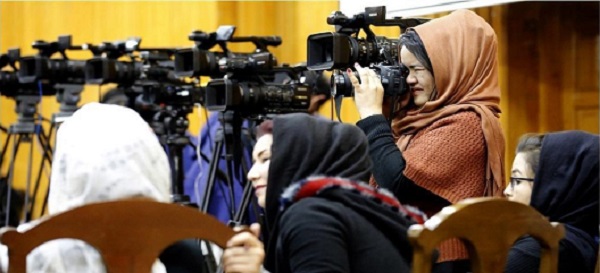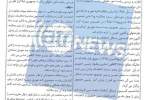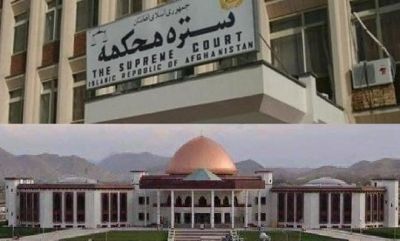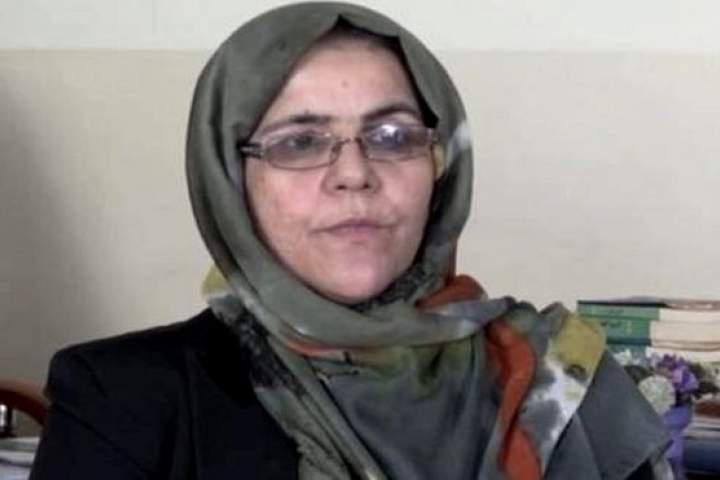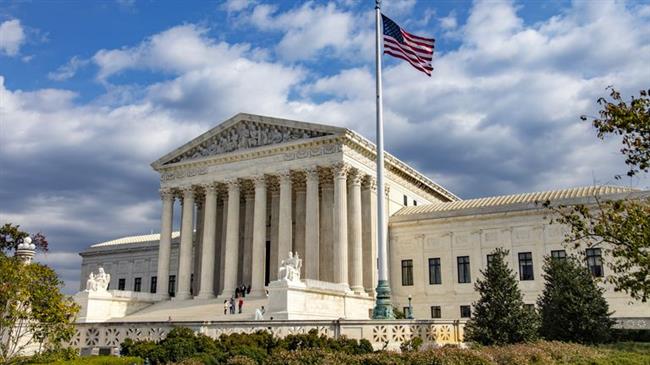Reporters Without Borders (RSF) supports a protest by 30 Afghan media outlets about the government’s failure to apply the law on access to state-held information, which was drafted with RSF’s help. The Afghan authorities must fully implement this law, RSF said in a statement.
Publish dateWednesday 5 February 2020 - 01:24
Story Code : 202786
“All government institutions have shortcomings when it comes to providing access to information, but the worst ones are: the Supreme Court, the Attorney General’s Office, the National Directorate of Security, the office of the president and its procurement unit, the Ministry of Finance, the Central Bank and the Ministry of Defence,” the statement said.
“Given the country’s current situation, in particular, the disputed results of the last presidential election in 2019 and the Taliban-imposed war, the Afghan government’s failure to apply the law on access to state-held information is unacceptable,” said Reza Moini, the head of RSF’s Afghanistan desk. “It is the state’s job to ensure that journalists have unrestricted access to information.”
The 30 media outlets include four privately-owned national TV channels, Tolo News, TV1, Ariana News and Shamshad; the newspapers 8 Sobh, Etilaatroz and Mandegar; the radio stations Killde and Salam Watandar; and local broadcasters Hewad TV (in the southern province of Kandahar), Radio Azad in the northern province of Balkh and Asr TV in the western province of Herat.
Afghanistan is ranked 121st out of 180 countries in RSF’s 2019 World Press Freedom Index.
“Given the country’s current situation, in particular, the disputed results of the last presidential election in 2019 and the Taliban-imposed war, the Afghan government’s failure to apply the law on access to state-held information is unacceptable,” said Reza Moini, the head of RSF’s Afghanistan desk. “It is the state’s job to ensure that journalists have unrestricted access to information.”
The 30 media outlets include four privately-owned national TV channels, Tolo News, TV1, Ariana News and Shamshad; the newspapers 8 Sobh, Etilaatroz and Mandegar; the radio stations Killde and Salam Watandar; and local broadcasters Hewad TV (in the southern province of Kandahar), Radio Azad in the northern province of Balkh and Asr TV in the western province of Herat.
Afghanistan is ranked 121st out of 180 countries in RSF’s 2019 World Press Freedom Index.
avapress.net/vdcevw8wpjh87fi.1kbj.html
Tags
Top hits
